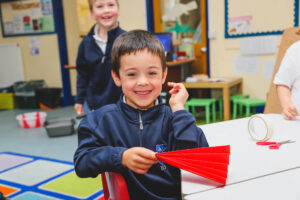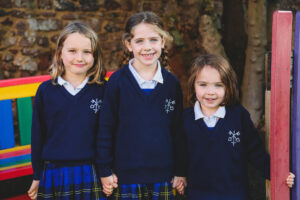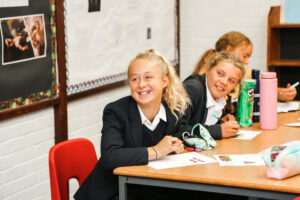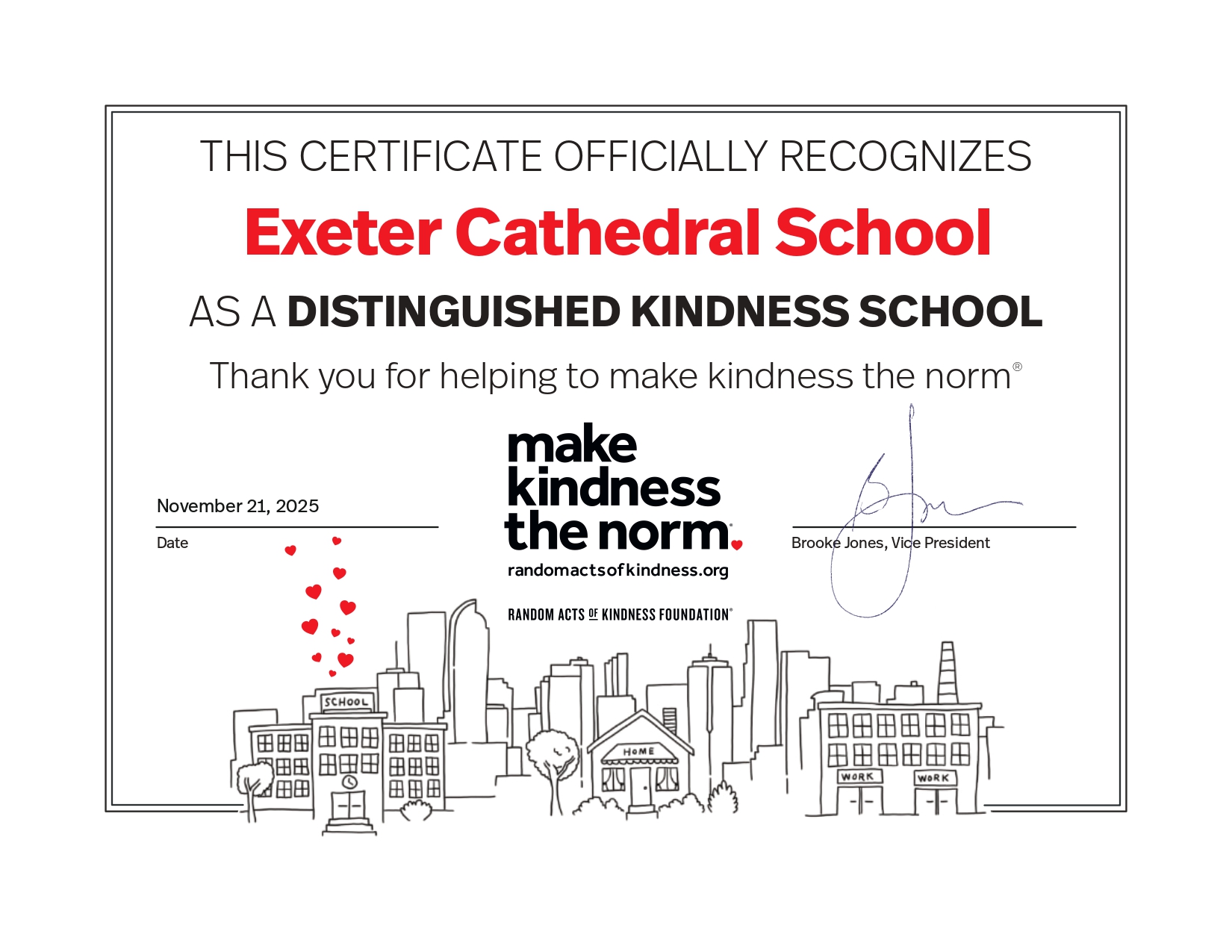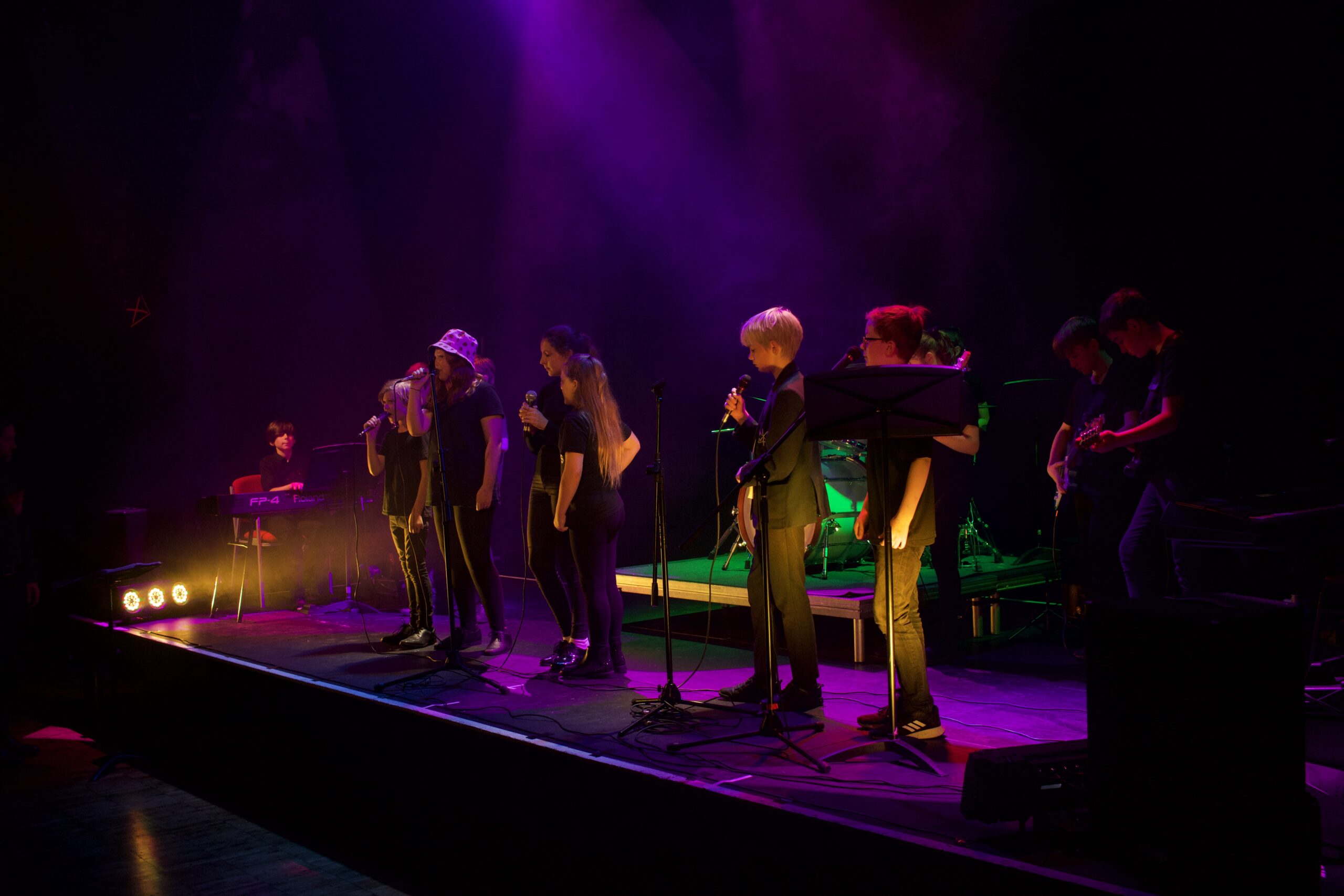I had envisaged being late for School on Thursday morning, given the anticipated truckload of Valentine’s cards that would likely be blocking my front door on the 14th. At least, this is what I told the Prep School during HM’s Assembly in the Quire on Monday morning. As it turns out, my journey to work was rather less impeded by post than I had hoped, and I arrived deflated but on time.
Valentine’s Day was the theme for our 20 minutes together on Monday morning. Please remember, whilst we’re on the topic, that parents/guardians and guests are very welcome to attend these weekly Assemblies: we gather together in the Quire (through the screen under the Organ Loft) from 8.45 (at the earliest, please) each Monday, and we are always pleased to be joined by family members and friends. Do also feel free to join me for Headmaster’s Open Study from 8am the same day – a rather glamorous name for an informal coffee morning and a chance to drop in to chat to me about anything you like.
Whilst discussing Valentine’s Day, we learnt a few fun facts (which came with the usual disclaimer – and important learning point – that facts pulled from the internet may not be true and so need double checking. Fake News is real, folks). We learnt about Bishop Valentine, the clergyman who carried out secret weddings during times of war under the reign or Emperor Claudius II and who was subsequently jailed and executed; we learnt that 3% of pet owners will give Valentines’ Day presents to their pets; we heard that 1 billion cards will be sent this February 14th; we learnt about the (alleged) origin of the X as a written kiss ; and we learnt – majestically – that the demographic most likely to receive a card on Valentine’s Day is….teachers.
We went on to talk about love, and about what it means to each of us. Specifically, I made reference to Gary Chapman’s 1995 book entitled ‘The Five Languages of Love’. I have heard passages from this book used in a number of contexts – assemblies, weddings, marriage prep, sermons – and Chapman’s theory that each of us has our own ‘love language’ is an intriguing one. The premise of the book – and of the rest of HM’s Assembly on Monday – is that there are five distinct ways in which humans show love for others: Words of Affirmation, Physical Touch, Acts of Service, Quality Time, Gift Giving. Each of us, Chapman says, usually has two clear ‘love languages’ out of these five: two ways in which we are hard-wired (accustomed? nurtured?) to show our affection for those whom we love. I asked the pupils to think about which their ‘love languages’ might be – when they show affection for someone, when they show someone that they care about them, what do they do? How would that person know that they are loved, that they are cared about? I shared with the School that I know absolutely which my two are: I don’t know why they are what they are, but they are.
Chapman goes on to say that, just as important as knowing your own ‘love languages’ is knowing the languages of other people. Little point, he says, in persisting with giving gifts and holding hands if the object of your affection feels love through quality time and words of affirmation. Somewhere in that combination the love is lost, or at least going missing. The key to a loving relationship, continues Chapman, is to know your own love languages but – crucially – to know those of the other person; to know what they need to experience from you in order to feel loved by you. If your other half needs words of affirmation, give them words of affirmation, even if that’s not something that occurs to you as being particularly loving.
In other words, we agreed in the Quire, it’s about awareness and empathy. So much of what Chapman says is applicable to school life, too. If you’re going to make a joke at someone’s expense, will that person actually find it funny? If you want to help motivate someone in a team, how do you know how they will respond? In our interactions with others, what is our impact on them? Are we considerate of how other people feel? Do we think about how what we say and do will impact on those around us? How well do know those around us? How well do we know ourselves?
Big questions, perhaps, for a Monday morning, but important ones nonetheless. I’ve written before about self-awareness and awareness of others, and of the central importance of both on our own mental wellbeing and on the wellbeing of the community around us. So, whether you express your love through a dozen red roses and a box of chocs, a cuddle, an ‘I love you’, by taking out the bins, or via some time together around the dinner table, keep half an eye on how someone else night express theirs. You never know: you may have a secret admirer!


